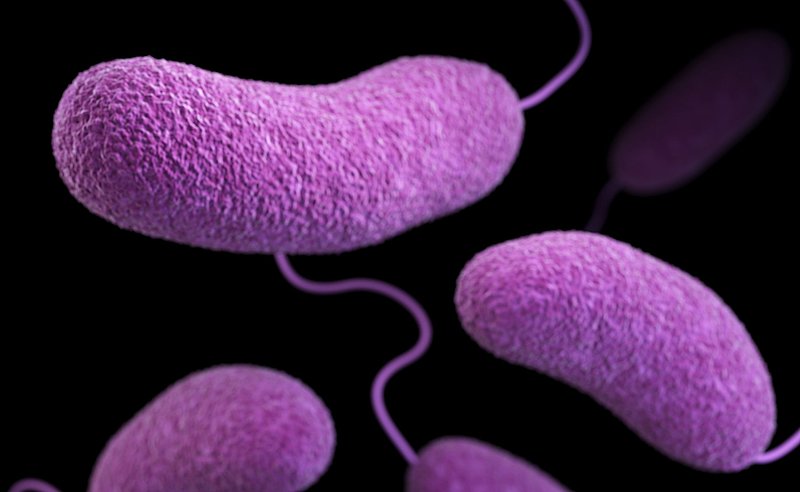Scientists from the Helmholtz Centre for environmental Research (UFZ) have isolated a soil bacterium that is able to use the compounds of the plastic polyurethane (PU) as sole source of carbon, nitrogen and energy – in other words, it can degrade this plastic. Polyurethane is mainly used as an insulating material and can also be found in everyday life: in sponges, foam, shoes or ear plugs.
Success of Previous Project: Newly Isolated Bacteria Can Degrade Building Blocks of The Plastic Type Polyurethane (PU)
The team’s research is part of the former project of MIX-UP: the EU project P4SB (From plastic waste to plastic value using Pseudomonas putida synthetic biology), also coordinated by RWTH Aachen University and funded via Horizon 2020. This project focused on the degradation of the plastics PET (polyethylene terephthalate) and PU. As the name of the P4SB project already indicates, the discovered bacterium belongs to the Pseudomonas species, its correct name is Pseudomonas sp. TDA1. Pseudomonads have an extraordinary metabolism with high stress tolerance to components that are toxic to most other microorganisms, they can therefore adapt to extreme environmental conditions. Therefore, bacteria of this species are considered to be one of the most promising candidates for a biological pathway of synthetic polymers. These polymers consist of long chains, the oligomers, which in turn consist of the basic building blocks, the monomers.
At a site where there was a lot of brittle plastic waste, scientists from the UFZ in Leipzig found it: the bacterium that was able to use a polyurethane oligomer as the only source of carbon and energy and could grow on it. In addition, the strain was also able to use TDA, the putative degradation intermediate of PU classified by the European Chemicals Agency as “carcinogenic, mutagenic or toxic to reproduction”, as the only source of energy, carbon and nitrogen.
This progress clearly shows what a force nature has for evolutionary advancement. It also illustrates the sense and necessity of continuing research into biological recycling methods.
One thing is certain: there is plenty of plastic waste in our environment, as well as the diversity of different bacterial strains. The evolution of bacteria is proceeding rapidly, which creates good conditions for biological recycling channels.


